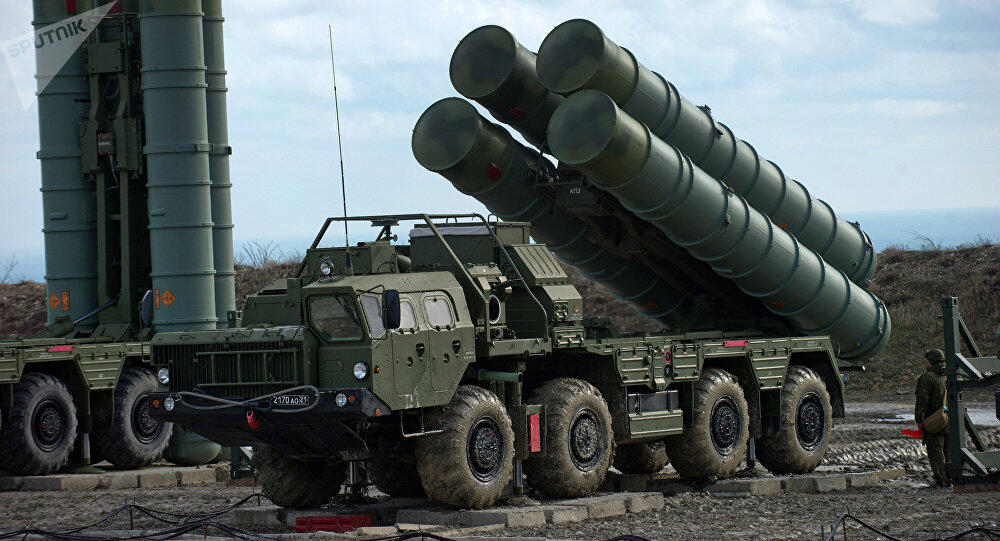Turkey is expected to get delivered its first shipment of a Russian S-400 Triumph Air Defence system in few days, denying consistent warnings from the US that Turkey has to face sanctions over the $2.5bn.
The S-400 is known within the Nato defense Alliance as one of the World’s most powerful and state of the art Air Defence systems.
When stationed, the S-400 has the capacity to take down a wide range of intrusions including drones, fighter jets, and cruise missiles.
Despite, US officials have warned Turkey of the possible outcomes, President Tayyip Erdogan has gone ahead with the deal. Turkey has not yet revealed that where its two sets of S-400 systems, or “regiments”, will be deployed.
Washington’s main concern is that Turkey’s purchase of S-400 AD system compromises the security of Nato’s new F-35 stealth fighter jet.
According to US defense officials, the Russian military could use an S-400 deployed in Turkey to collect sensitive data about the F-35 stealth aircraft, which is supposed to become the backbone of future aerial operations by Nato member states’.
Turkey disputes this, claiming that it will respect and protect the security of the F-35 by ensuring that the new S-400 system is not linked up to Turkey’s wider, Nato-Integrated Defence Architecture. The US remains unsatisfied over this proposal.
The Pentagon is expected to withhold Turkey’s purchase of hundred F-35 aircraft, which would play a key role in the future defense strategy of the Turkish Air Force, as well as abstaining the role of Turkish aeronautical companies in producing components for F-35. According to defense experts, this not only risks hurting the Turkish economy but could also limit the future capabilities of Turkish armed forces and the country’s long-term relations with the Nato military alliance.
Some experts claim that, when installed in Turkey, the S-400 will not meet the full specifications promised by its Russian Manufacturers because it will not be able to integrate with Nato-linked AD system and its ability to intercept Ballistic Missiles will be limited too.
If the tensions between Ankara and Washington further increases, some futurists fear that it would cause long-term damage to Turkey’s relationship with the US, bringing Turkey closer to Moscow and shut down Turkey’s role with Nato Alliance.

